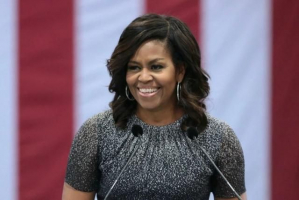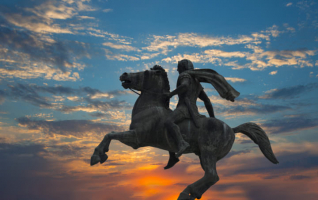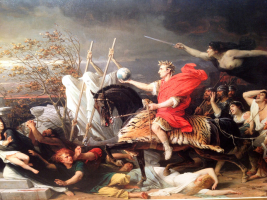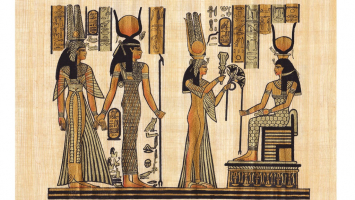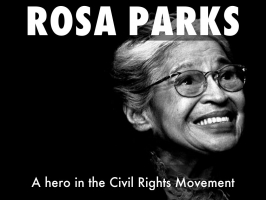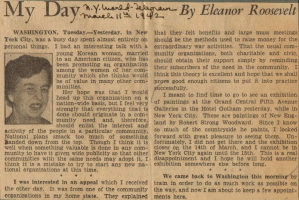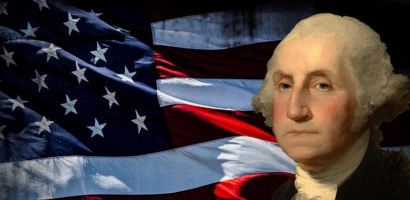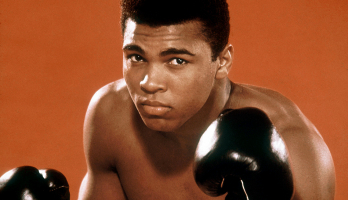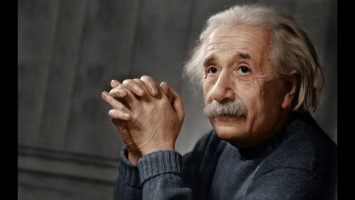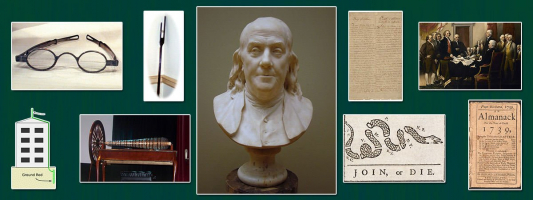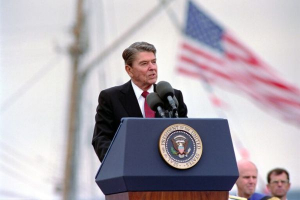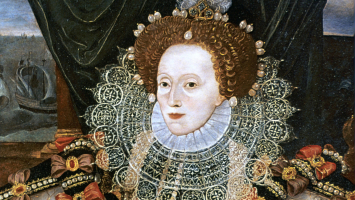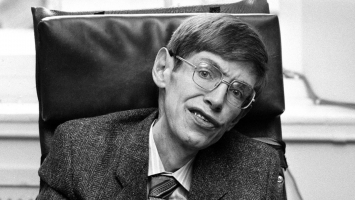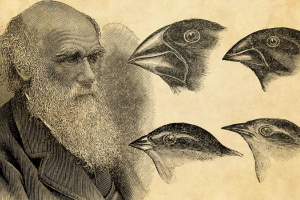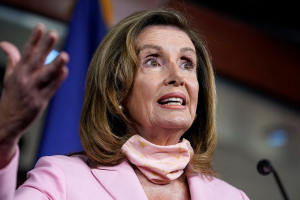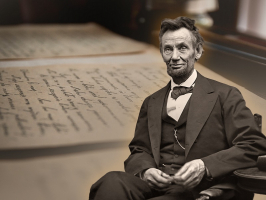Top 10 Major Accomplishments of Barack Obama
Barack Hussein Obama II (born August 4, 1961) is an American politician who is best known for being the country's first black president. When Obama took ... read more...office, the United States was in the midst of one of its deepest depressions, and he took the essential steps to lift the country out of it. Other domestic policy accomplishments include lowering unemployment and poverty, reducing the number of uninsured Americans, focusing on clean energy, and minimizing official discrimination against LGBTQ people. In terms of foreign policy, Obama is best recognized for the successful hunt for Osama bin Laden, the Iran Nuclear Deal, and improved US-Cuba relations. Barack Obama has received numerous honors for his contributions, most notably the 2009 Nobel Peace Prize. Here are the 10 major accomplishments of President Barack Obama.
-
The first major accomplishment of President Barack Obama was that he was the first African American to be elected president of the Harvard Law Review in 1990, while at Harvard. He served in the Illinois Senate from the 13th district from January 8, 1997, to November 4, 2004. Then, Obama served as a United States Senator representing Illinois from January 3, 2005, until November 16, 2008. In February 2007, Barack Obama declared his campaign for President of the United States.
He defeated Republican opponent John McCain in the 2008 US presidential election, earning 52.9 percent of the popular vote and 365 electoral votes to McAin's 173 votes. Obama was re-elected in 2012 with 332 electoral votes and 51.1 percent of the popular vote. From January 20, 2009, to January 20, 2017, Barack Obama was the 44th President of the United States. Obama was also the first African-American to be elected president of the United States. For the historically marginalized African American community in the United States, his win was hugely significant.
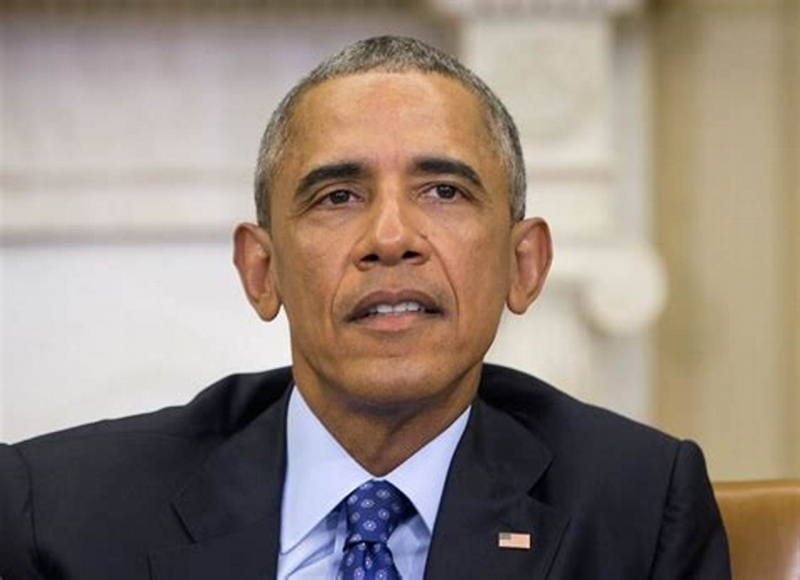
Source: oregonlive.com 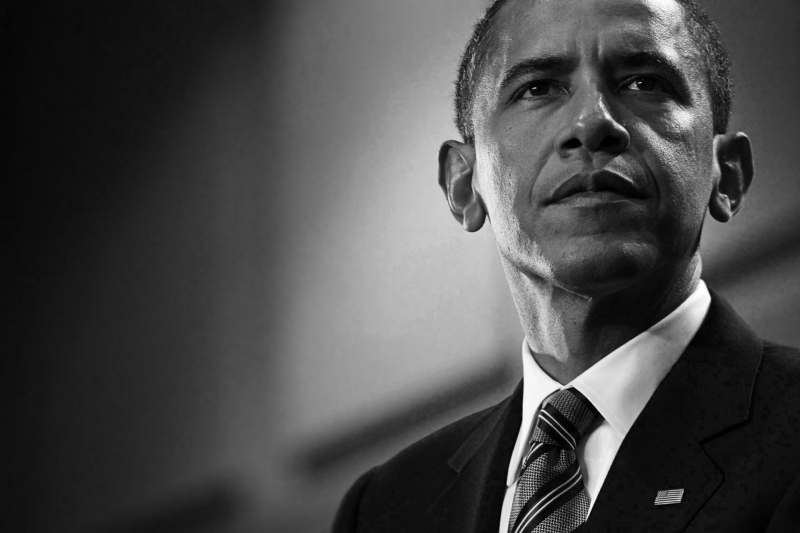
Source: texascrew.com -
The United States was in the list of major accomplishments of President Barack Obama was when Barack Obama took office, the United States was in the midst of its greatest financial crisis since the Great Depression of the 1930s. The subprime mortgage The crisis reverberated across the economy, leaving many individuals jobless and homeless. The Obama administration chose a different approach. The government has made a number of initiatives to combat the downturn, including enacting the American Recovery and Reinvestment Act of 2009 (ARRA), a $800 billion stimulus spending and tax-cutting law
With the 2010 Tax Relief Act, a $850 billion measure that included payroll, income, and Alternative Minimum Tax (AMT) tax cuts as well as unemployment benefit extensions. Apart from these actions, Obama successfully rescued the struggling automotive industry by renewing GM and Chrysler loans, and he permitted the Federal Reserve to take dramatic measures to revive the economy. All of these measures contributed to the US's effective recovery from the recession.
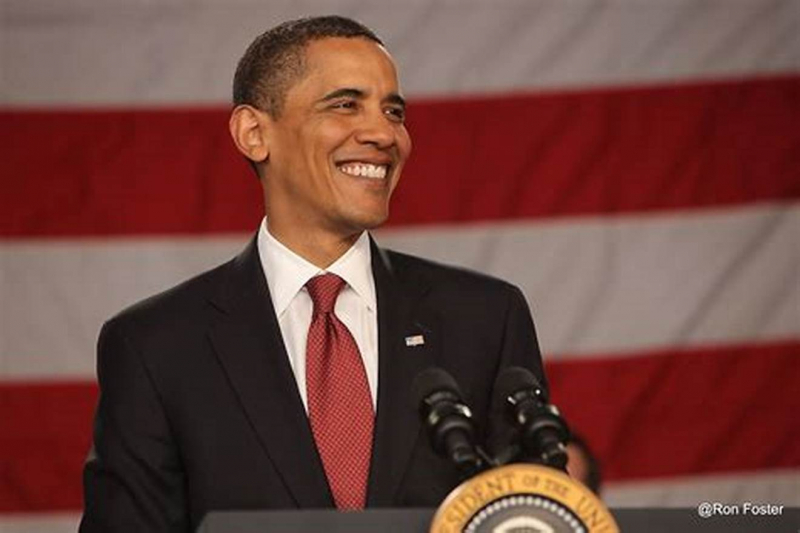
Source: WorldAtlas 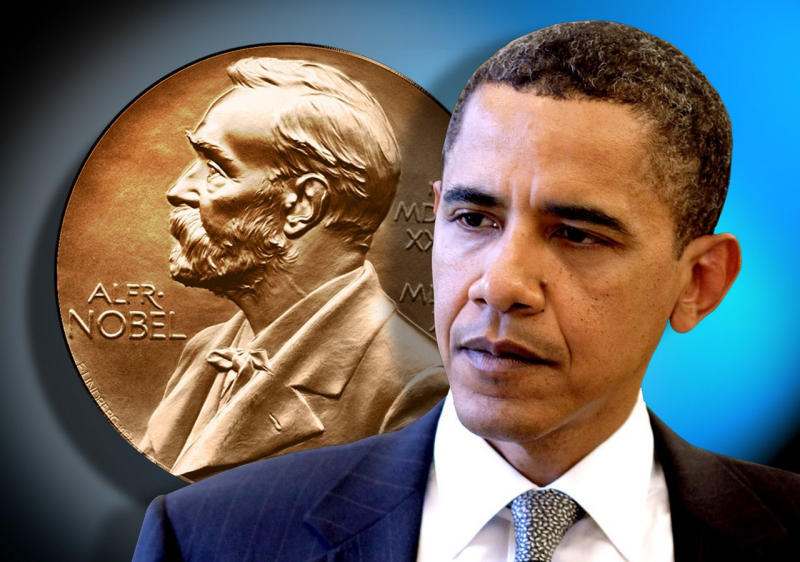
Source: theduran.com -
When Barack Obama took office, the unemployment rate was at a high of 7.8%. It peaked at 10% in October 2009 and didn't fall below that level for the next two years. The unemployment rate had plummeted three whole percentage points to 4.8 percent by the time Obama left office. Furthermore, this was significantly lower than the historical average of 5.6 percent. Under President Obama, American households' inflation-adjusted incomes hit their greatest level ever.
In 2016, the median family income was $59,039. An increase of $2,963, or 5.3 percent, over 2008 was The poverty rate decreased as a result of the growth in revenues. The poverty rate fell by 0.5 percent under the Obama administration, from 13.2 percent in 2008 to 12.7 percent in 2016. However, the number of people living below the poverty line increased by 787,000 to 40.6 million. The difference in numbers is because the population grew at a faster rate.
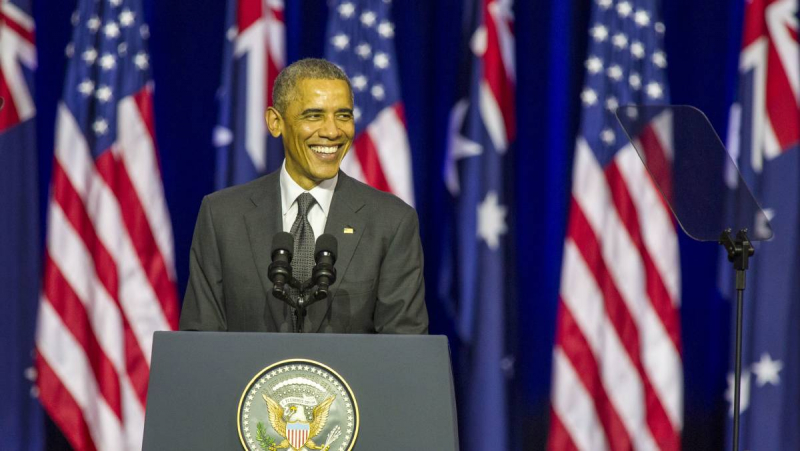
Source: Central Western Daily 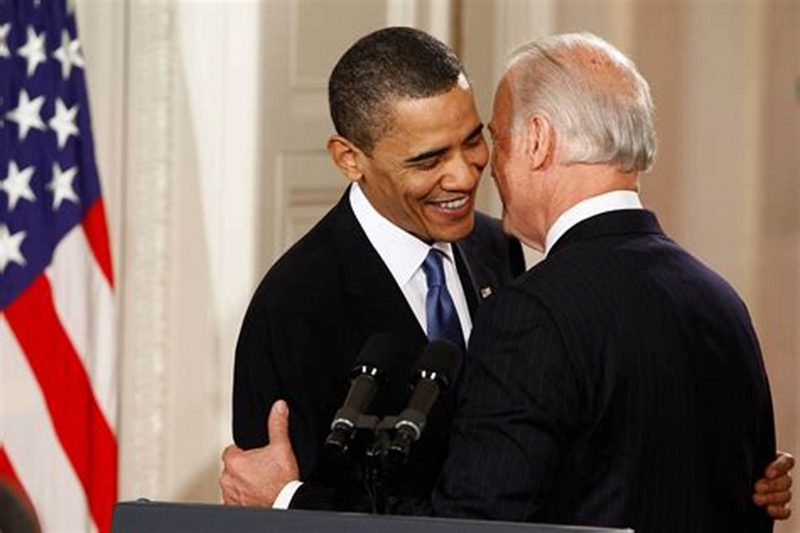
Source: North Country Public Radio -
President Barack Obama signed the Patient Protection and Affordable Care Act (PPACA), also known as Obamacare, into law on March 23, 2010. Since the introduction of Medicare and Medicaid in 1965, it has been the most substantial regulatory change and expansion of the US healthcare system. Obamacare expanded Medicaid eligibility and made significant modifications to the individual insurance markets, resulting in higher coverage.
Despite the fact that Obamacare is still contentious, it has had a significant influence. 43.8 million Americans are people of all ages who were without health insurance when Obama took office. In 2016, this number fell to 28.6 million, a decline of 15.2 million individuals. As a result, the percentage of all Americans without health insurance fell from 14.7 percent in 2008 to 9.0 percent in 2016, the lowest level ever.
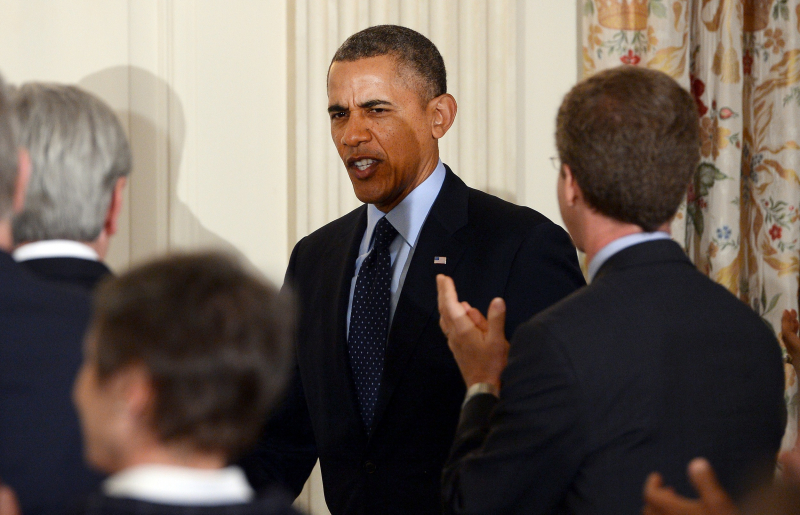
Source: blogspot.com 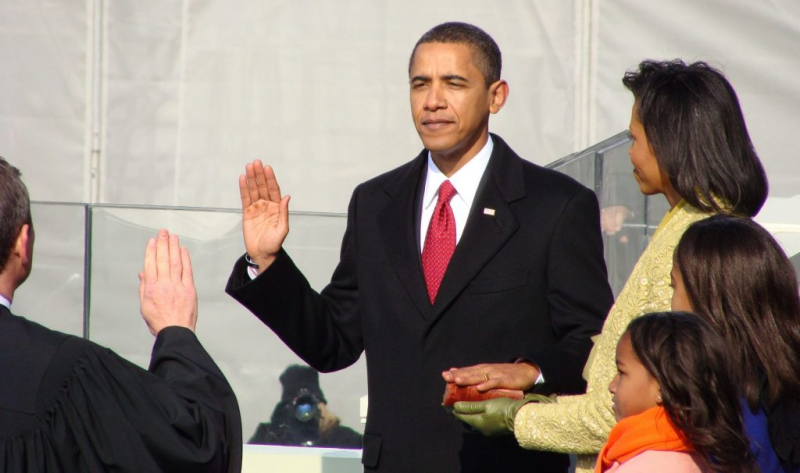
Source: interestingshit.com -
Lilly Ledbetter worked as a supervisor at an Alabama Goodyear tire facility. After learning that she was paid significantly less than two male managers in equivalent jobs, she filed an equal pay case against the company. Her appeal was dismissed by the Supreme Court because the wage discrimination had happened 180 days prior. Activist groups, on the other hand, took up Ledbetter's cause and opposed the court's ruling, calling it a setback for women and civil rights.
President Barack Obama signed the Lilly Ledbetter Fair Pay Act into law on January 29, 2009, under which discrimination based on age, religion, national origin, ethnicity, sex, and disability will "accrue" every time an employee receives a discriminatory paycheck. As a result, the 180-day statute of limitations for launching a wage discrimination claim resets with each new paycheck. The Lilly Ledbetter Fair Pay Act strengthened worker safeguards against pay discrimination and is seen as a critical step toward closing the wage gap between men and women in the United States.
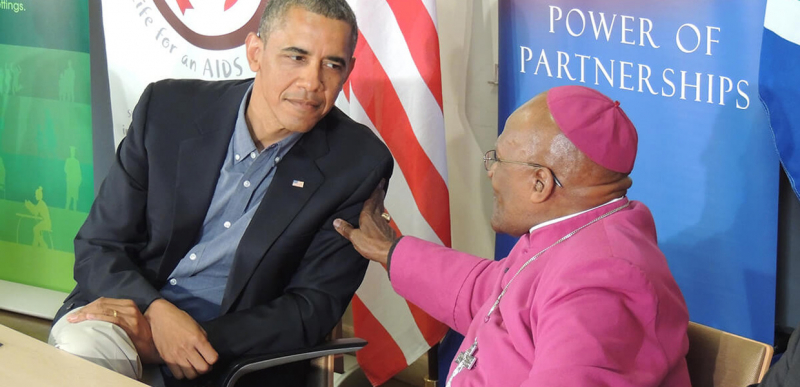
Source: tutu.org.za 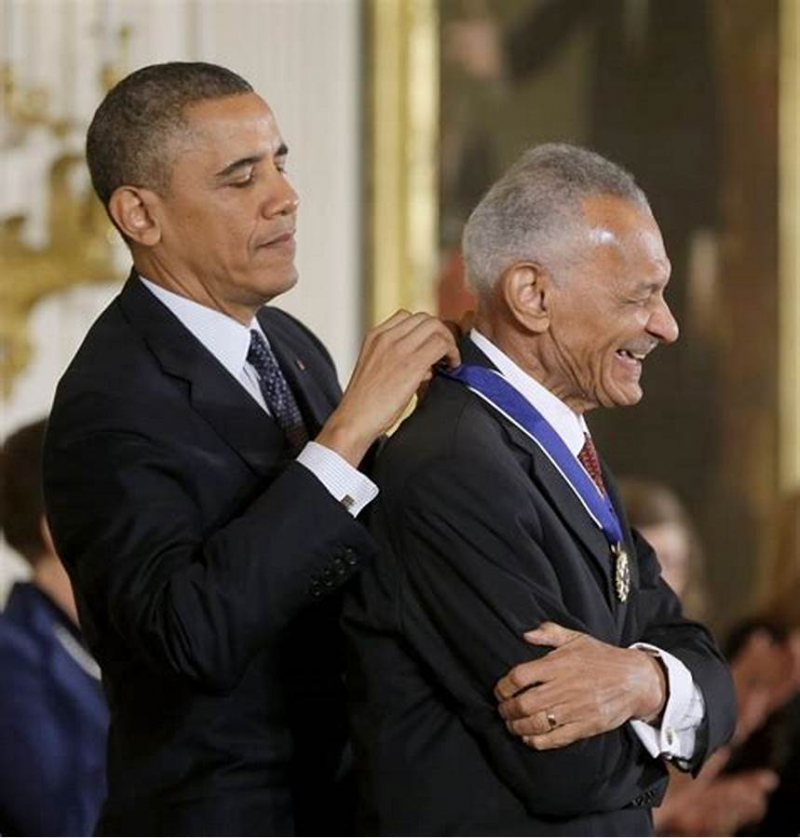
Source: Daily Herald -
The United States produced 77% more crude oil in 2016 than it did in 2008. As a result, the United States' dependency on imported oil has reduced by more than half, from 57 percent in 2008 to 24.8 percent in 2016. More importantly, Barack Obama began a push for renewable energy. Renewable energy received roughly $90 billion from the American Recovery and Reinvestment Act in 2009. Renewable tax incentives for solar and wind energy were extended in 2015. The cost of solar and wind electricity has reduced significantly as a result of these initiatives.
Land-based wind costs have decreased by 41%, rooftop solar costs have decreased by 54%, and utility-scale solar costs have decreased by 64%. Under Obama's watch, the wind and solar power more than doubled. In 2016, it accounted for 6.5 percent of total large-scale generation, up from 1.4 percent in 2008, a 5.1 percent growth. In addition, the Advanced Research Projects Agency Energy (ARPA-E) was established in 2010. ARPA E is a government body tasked with promoting and sponsoring advanced energy technology research and development.
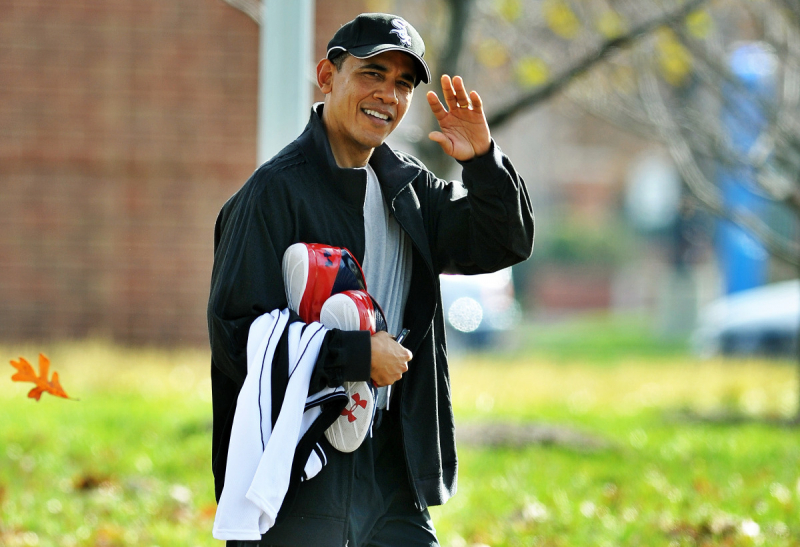
Source: HuffPost 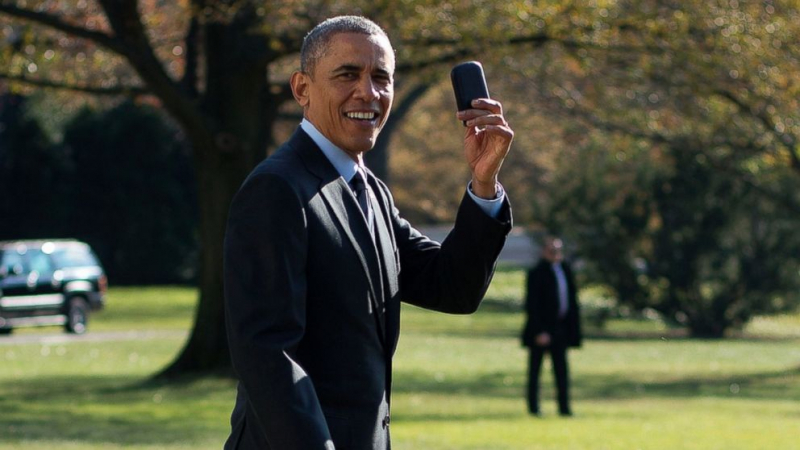
Source: abcnews.go.com>DEVIN DWYER -
Vice Admiral William H. McRaven was briefed by the CIA in January 2011 on the whereabouts of Osama bin Laden, the founder and first leader of the Islamist organization Al Qaeda, who was a key figure in the September 11 attacks on the United States. President Barack Obama met with the National Security Council on March 14, 2011 to discuss the possibilities. Obama decided not to include Pakistan, where Bin Laden was hiding, because he was concerned that the mission would be uncovered and he wanted to move quickly.
Obama ruled out a bombing plan on March 29 and instead ordered a "surgical raid" commanded by US Navy SEALs. Obama gave the helicopter raid conditional clearance on April 19. On May 1, 2011, the operation was conducted successfully and Osama bin Laden was shot dead in Abbottabad, Pakistan. The raid was welcomed by the United Nations, NATO, the European Union, and a large number of governments. It ended a nearly 10 year search for Bin Laden.
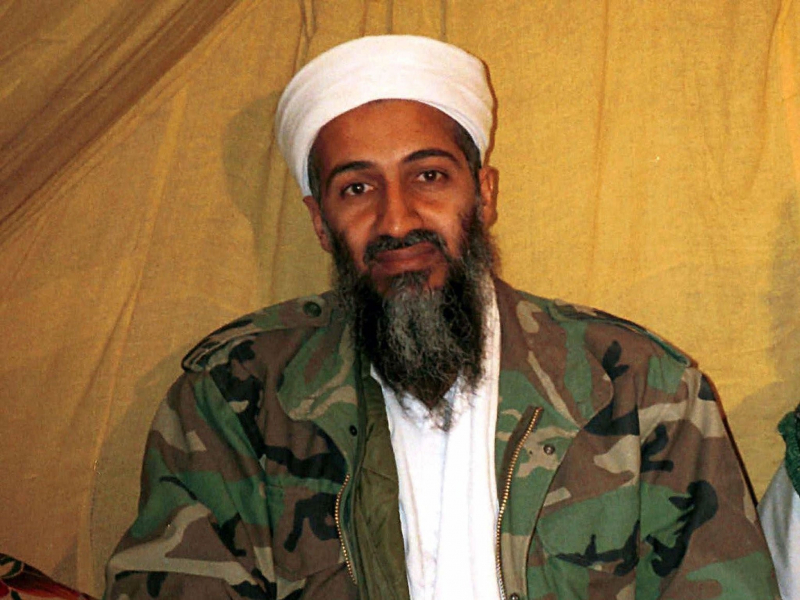
Source: Reddit 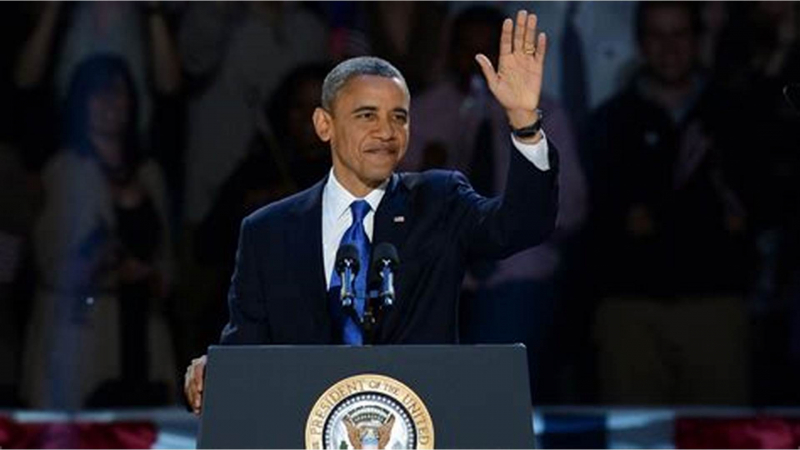
Source: CBS News -
The UN has imposed economic sanctions on Iran since 2006, claiming that it is secretly manufacturing nuclear weapons. Iran's economy has been crippled as a result of the sanctions. After much back and forth, and primarily due to President Obama's perseverance, Iran and the P5+1 (China, Russia, France, the United Kingdom, the United States, Germany, and the European Union) signed the Joint Comprehensive Plan of Action.
The Iran Nuclear Deal, as it's known, removed sanctions in exchange for Iran agreeing to curb its sensitive nuclear activity and allow foreign inspectors into the country. Apart from the Iran Nuclear Deal, Obama made history in March 2016 when he visited Cuba for the first time since 1928. Moreover, along with Cuban President Raul Castro, he announced on December 17th, 2014, that a process of normalizing relations between Cuba and the U.S. would be started. This announcement ended a 54-year stretch of hostility between the nations.
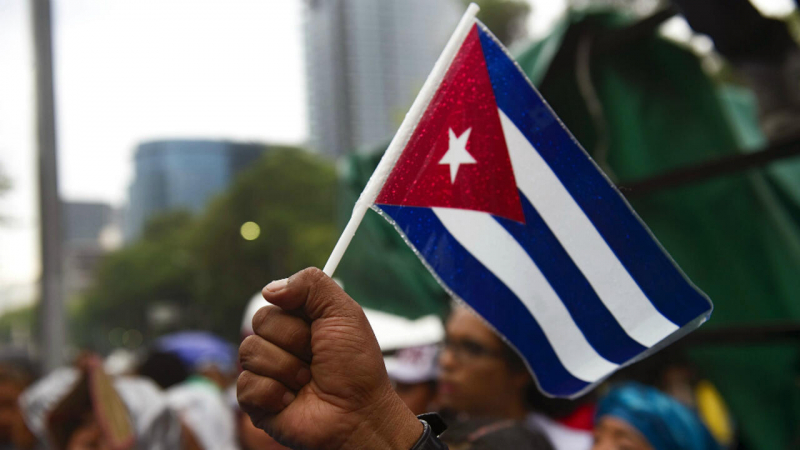
Source: France 24 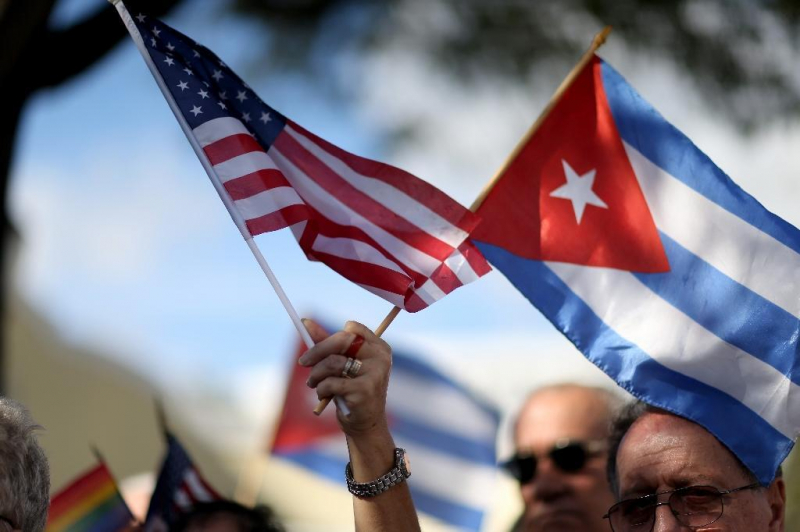
Source: YAHOO! -
President Barack Obama signed Matthew Shepard and James Byrd Jr. Hate Crimes Prevention Act into law on October 8, 2009. This Act expanded the 1969 federal hate crime legislation in the United States to encompass offenses motivated by a victim's gender, sexual orientation, gender identity, or disability, whether actual or perceived. Obama signed the Don't Ask, Don't Tell Repeal Act on December 22, 2010. This Act provided a procedure for repealing the "don't ask, don't tell" policy, which prohibited openly homosexual, lesbian, or bisexual people from serving in the military.
As a result, the Act allowed openly gay, lesbian, and bisexual people to serve in the United States armed forces. Furthermore, in 2012, Obama became the first sitting American president to publicly endorse same-sex marriage legalization; and in 2013, he became the first American president in office to call for full equality for gay Americans. Due to these steps, Obama is widely regarded as the most pro LGBTQ president in the history of the United States.
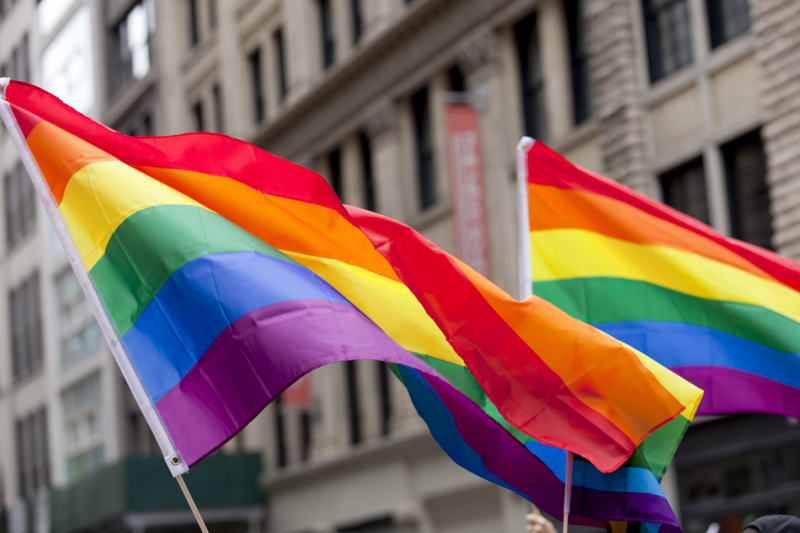
Source: PrideSource 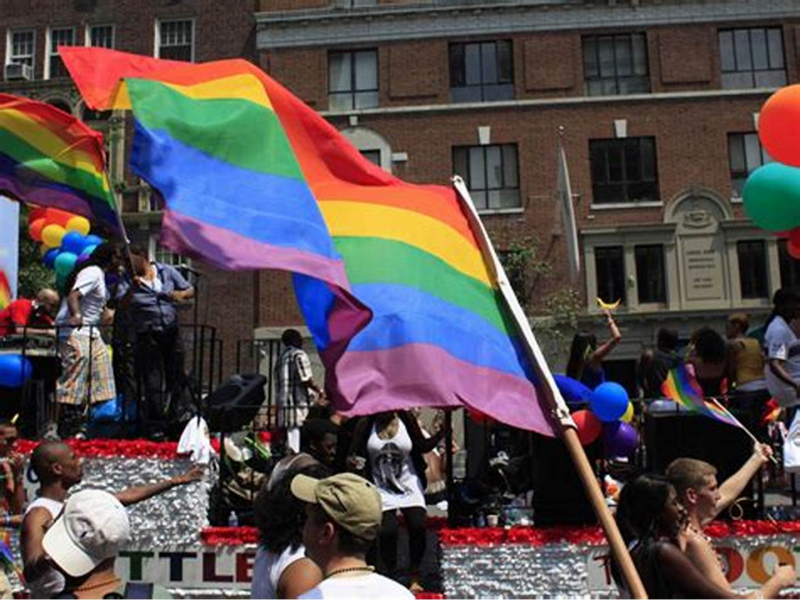
Source: PrideSource -
Dreams from My Father, Barack Obama's 1995 memoir, is widely recognized as one of the best memoirs ever written by an American politician. The shortened audiobook version of the book won the Grammy Award for Best Spoken Word Album in 2006. The memoir also won the NAACP Image Award for Outstanding Literary Work, Nonfiction, the following year. President Barack Obama was awarded the Nobel Peace Prize in 2009 "for his outstanding efforts to improve international diplomacy and people-to-people cooperation."He was the fourth president of the United States to receive the Nobel Peace Prize, and the third to do so while in office. In 2013, Obama was awarded the Israeli President's Medal of Distinction, the country's highest civil honor. In 2017, Obama was awarded the Department of Defense Medal for Distinguished Public Service, the highest award that is presented by the Secretary of Defense. In the same year, he also received the Profile in Courage Award, presented by John F. Kennedy Library Foundation.
Even before his inauguration, Barack Obama became a key figure in American history as the first African-American elected President of the United States. But, after winning a second His accomplishments in office have elevated him to one of the century's most transformative leaders. He inherited a country in jeopardy and guided it through the Great Recession, two wars, civil unrest, a spate of mass shootings, and shifting demographics. He campaigned for change during his 2008 campaign, and eight years later, we live in a more prosperous country as a result.
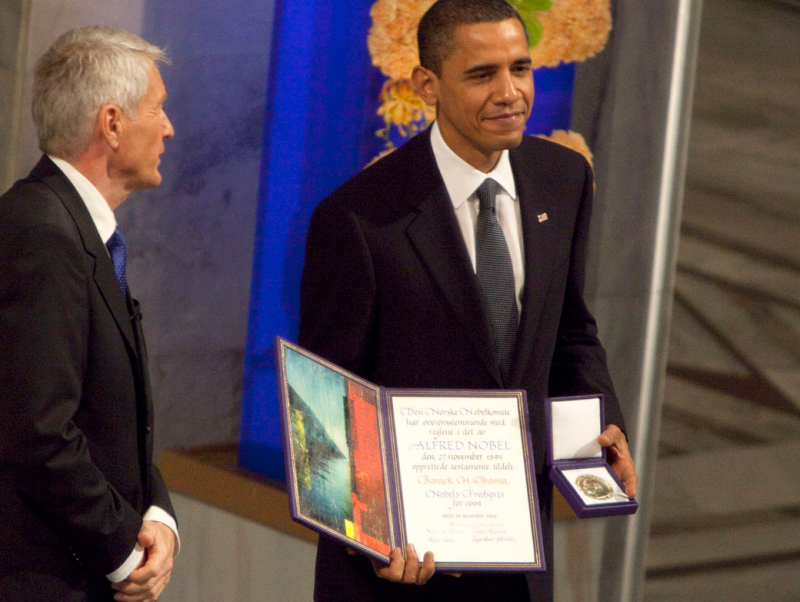
Source: blogspot.com 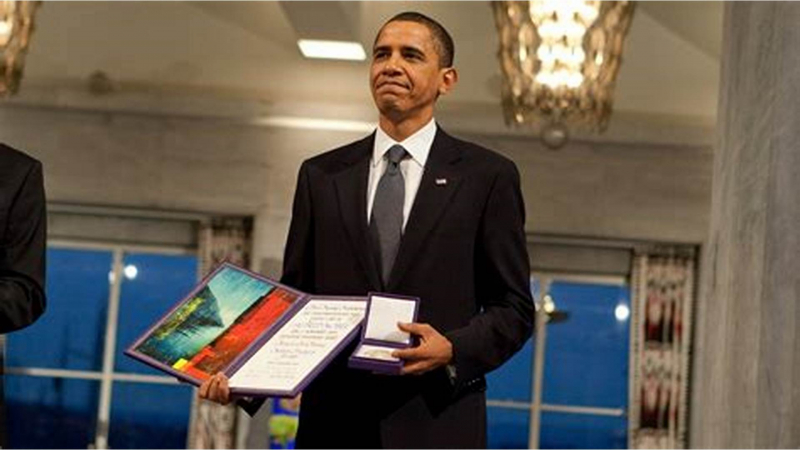
Source: GOBankingRates












